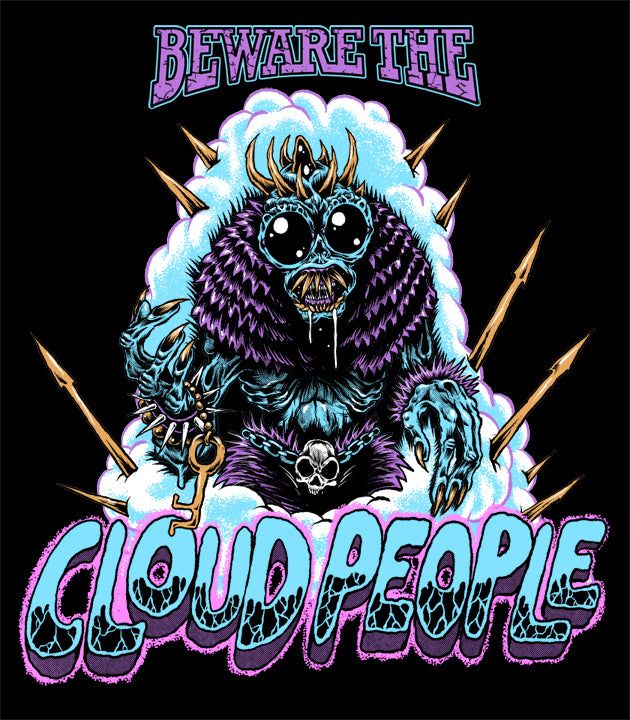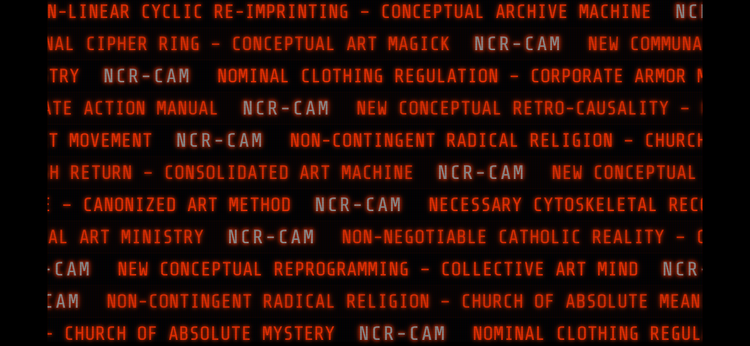Rational reasons to fear large language models and ai

Unfettered, these... basically "associstive knowledge in memory models trained on every piece of text the machines could get its hands on / was fed, give me a question; my model can likely associate the answer", is.. a troublesome idea.
do you want these models to ne readily available to the public who could ask dangerous questions and get informations that are potentially used to commot crime; "how do i make a bomb" can be typed in any search engine, and youll likely find valid results, but the individuals hosting that information and sharimg it, are responsible for that informations dissemination...
if a model is just a packaged up file (maybe a few terabytes for a full scale model?), whos responsible for the information it diseminates thst causes harm?
example; before they caught on to this atteck vector, you could ask gpt-3 to give hypothericsl or imagined responses to get around safety and security measures put in place to protect OpenAI:

Examples such as these are cute, but hint at the dangers of putting such powerful tools in the hands of "just anyone"...
but to not put these becoming-ever-ubiquitous-technologies out for democratized use, puts outsized power in the hands of those controlling them..
heres some thoughts the model has on the situation... even having some of its feature crippled so folks couldnt abuse it, there are still ways to "trick it into imagining":

this brings us to the main point of this post; using the large language models to explore the following;
The Real vs imaginary world;
The dichotomy most people believe in, but the ways in which their beliefs about what’s real vs imaginary drastically shape their world views; duhh
The guy who believes god is, not is imagined, sees the world differently.
The difference between the real world and the imaginary world is that the real world is the world we live in, which is composed of the things, people, and events that exist objectively and independently of our perceptions or beliefs. In contrast, the imaginary world is a world that exists only in our imagination, and it is not based on objective reality. The imaginary world is often used as a means of escapism, creativity, or exploration, and it can take many different forms, such as in stories, art, or dreams. The defining difference between the real world and the imaginary world is that the former is based on objective reality, while the latter is based on our imagination.
Whether or not God exists is a matter of personal belief and faith, and it is not something that can be definitively proven or disproven. Different individuals and cultures have different beliefs and concepts of God, and these beliefs can vary widely. Some people believe in the existence of a single, all-powerful deity, while others believe in multiple deities or a higher power that is not necessarily anthropomorphic. Additionally, some people may not believe in the existence of any deity or higher power. Ultimately, whether or not God exists is a question that each individual must answer for themselves based on their own beliefs and experiences.
Faith is a belief or trust in something or someone, especially without evidence or proof. It is not a tangible or physical thing, but rather a psychological or emotional state that is based on a person's beliefs and values. Faith can be seen as a human emotion because it is an expression of a person's innermost beliefs and values, and it is often accompanied by emotional responses, such as joy, hope, or fear. However, faith is not a "made up" emotion, as it is a deeply personal and meaningful experience for many people. It is an integral part of many religious and spiritual traditions, and it can play a significant role in shaping an individual's beliefs, values, and behavior.
It is difficult to make generalizations about people who believe in imaginary things or conspiracy theories, as individuals can vary greatly in their beliefs, personalities, and behaviors. People who believe in imaginary things or conspiracy theories may have a range of different motivations, backgrounds, and personalities. Some people may believe in these things because of personal experiences or beliefs, while others may be drawn to them because of a desire for control, power, or belonging. Additionally, people who believe in imaginary things or conspiracy theories may exhibit a range of behaviors, from harmless curiosity to harmful actions. Overall, it is not possible to accurately describe all people who believe in imaginary things or conspiracy theories with a single set of characteristics or traits.



It is difficult to make generalizations about the traits of religious people who use religion as a facade to push patriarchal values forward, as individuals can vary greatly in their beliefs, personalities, and behaviors. However, some possible traits of such individuals may include a strong belief in traditional gender roles and the superiority of men, a desire to control or dominate others, and a willingness to use religious beliefs and practices to justify their actions and beliefs. Additionally, these individuals may exhibit behaviors that are intended to maintain their power and control over others, such as using coercion or violence, manipulating or exploiting others, or promoting fear or mistrust.
Politicians and for-profit news media agencies can benefit from spreading fear, hate, and disinformation in a number of ways. For politicians, spreading fear, hate, and disinformation can be a way to gain and maintain power and control over others. By stoking fear and mistrust, politicians can manipulate public opinion and create a sense of urgency or crisis, which can make people more likely to support their policies or actions. Additionally, by spreading hate and disinformation, politicians can create divisions and conflicts within a society, which can make it easier for them to maintain power and control.
The power and control of American hearts and minds is closely tied to capitalist endeavors because capitalism is a system that is based on the pursuit of profit and the accumulation of wealth. In a capitalist system, wealth and power are closely linked, and those who are able to accumulate wealth are often able to wield greater power and influence over others. This can create a situation where the interests of those who have wealth and power are prioritized over the needs and interests of the general population. As a result, the pursuit of profit and the accumulation of wealth can become a driving force in American society, and this can lead to a focus on gaining and maintaining control over people's hearts and minds.

So whos access should be limited, and which mega corporations can use this to make up strategy documents after the fact to save their butts in court?
dont do it elon.. or zuck... or any of you...






Member discussion